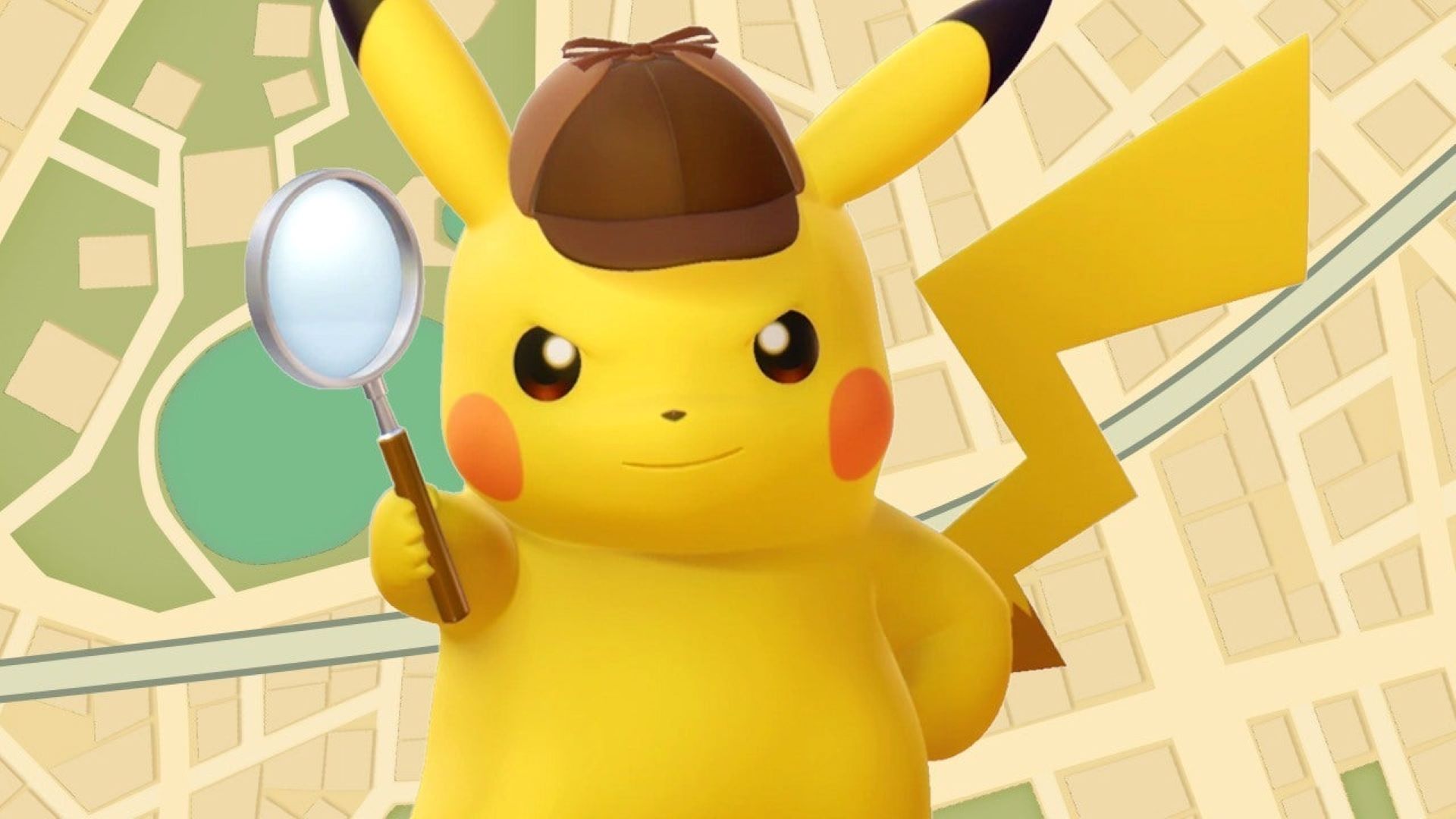Nintendo has filed a significant lawsuit against the Yuzu emulator, a prominent Nintendo Switch emulation software. The company claims that Yuzu facilitated the illegal downloading of The Legend of Zelda: Tears of the Kingdom, resulting in over 1 million unauthorized downloads before the game’s official release.
This lawsuit is noteworthy as it targets a major emulator, drawing comparisons to past litigations such as Sony’s lawsuit against Bleem.
According to the complaint filed on February 26 in Rhode Island, Nintendo accuses Yuzu operator Tropic Haze of causing “irreparable” harm by enabling users worldwide to decrypt and play Nintendo Switch games without purchasing the console or the games.
The unauthorized downloading of Tears of the Kingdom, which leaked over a week before its release, is cited as a prime example of this alleged misconduct. Nintendo asserts that during this period, Patreon support for Yuzu doubled, indicating increased interest following the game’s leak.

The complaint specifically mentions Yuzu project lead Bunnei, who had previously downplayed legal concerns surrounding emulation. Nintendo highlights a statement made by Bunnei, suggesting awareness of the situation surrounding Tears of the Kingdom.
However, it’s worth noting that Nintendo’s definition of emulators as software enabling unlawful piracy differs from the perspective of many in the emulation community.
Nintendo further criticizes Yuzu for its alleged involvement in circumventing encryption methods used in Nintendo Switch games. The complaint scrutinizes Yuzu’s decryption techniques and takes issue with statements made in its guides. Nintendo emphasizes its pursuit to prevent ROM circumvention and labels Yuzu’s actions as unlawful.

In its legal action, Nintendo seeks “equitable relief and damages” based on claims of copyright infringement, DMCA violations, circumvention of technological measures, and unauthorized reproduction of works. The company aims for a permanent injunction against Yuzu, which would effectively halt its operations and transfer its domain name to Nintendo.
While Nintendo has taken similar actions in the past, such as removing the Dolphin emulator from Steam, the outcome of this lawsuit remains uncertain. Despite previous legal actions, reputable emulation defenders have often questioned the strength of Nintendo’s arguments.
However, the case underscores ongoing tensions between gaming companies and emulation communities regarding copyright and intellectual property rights.






